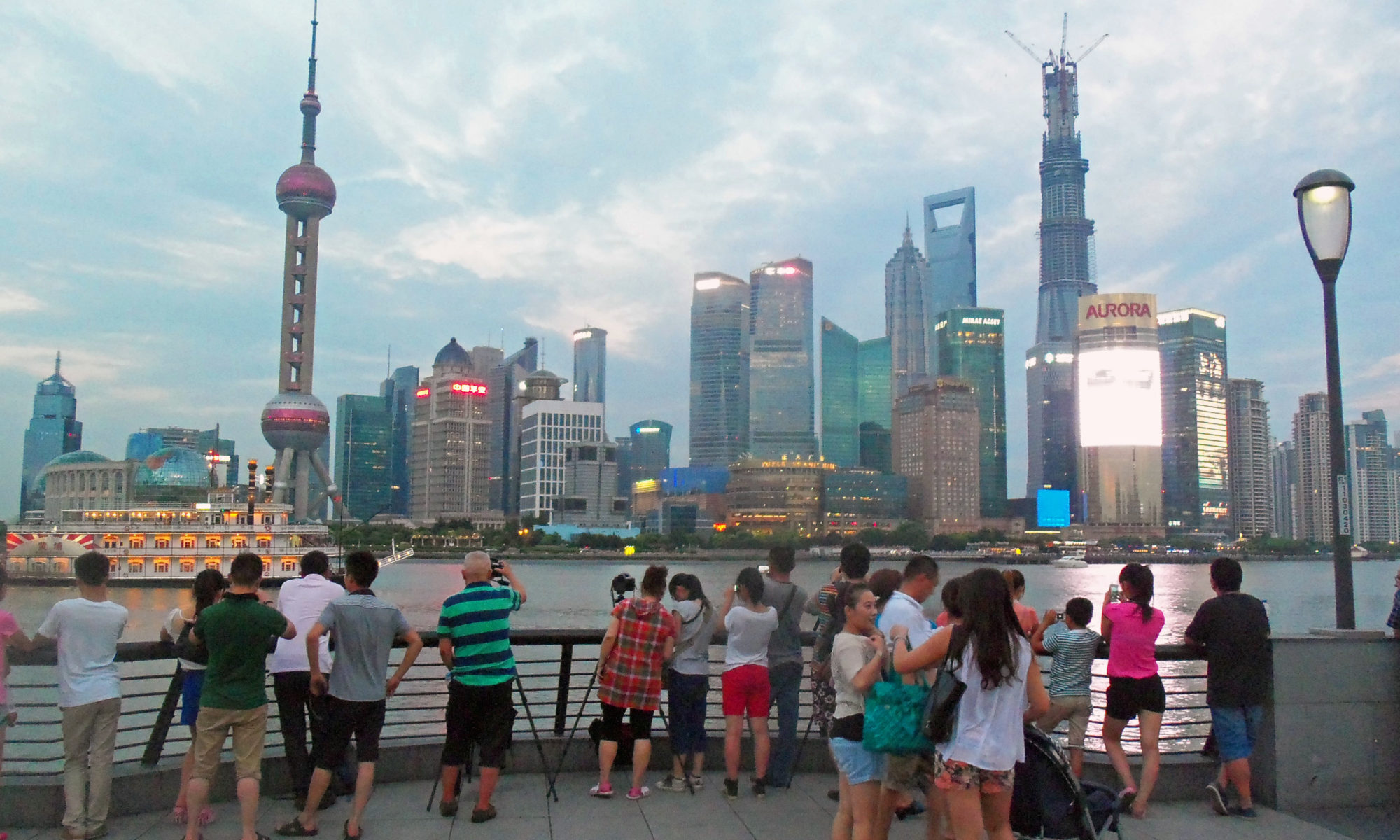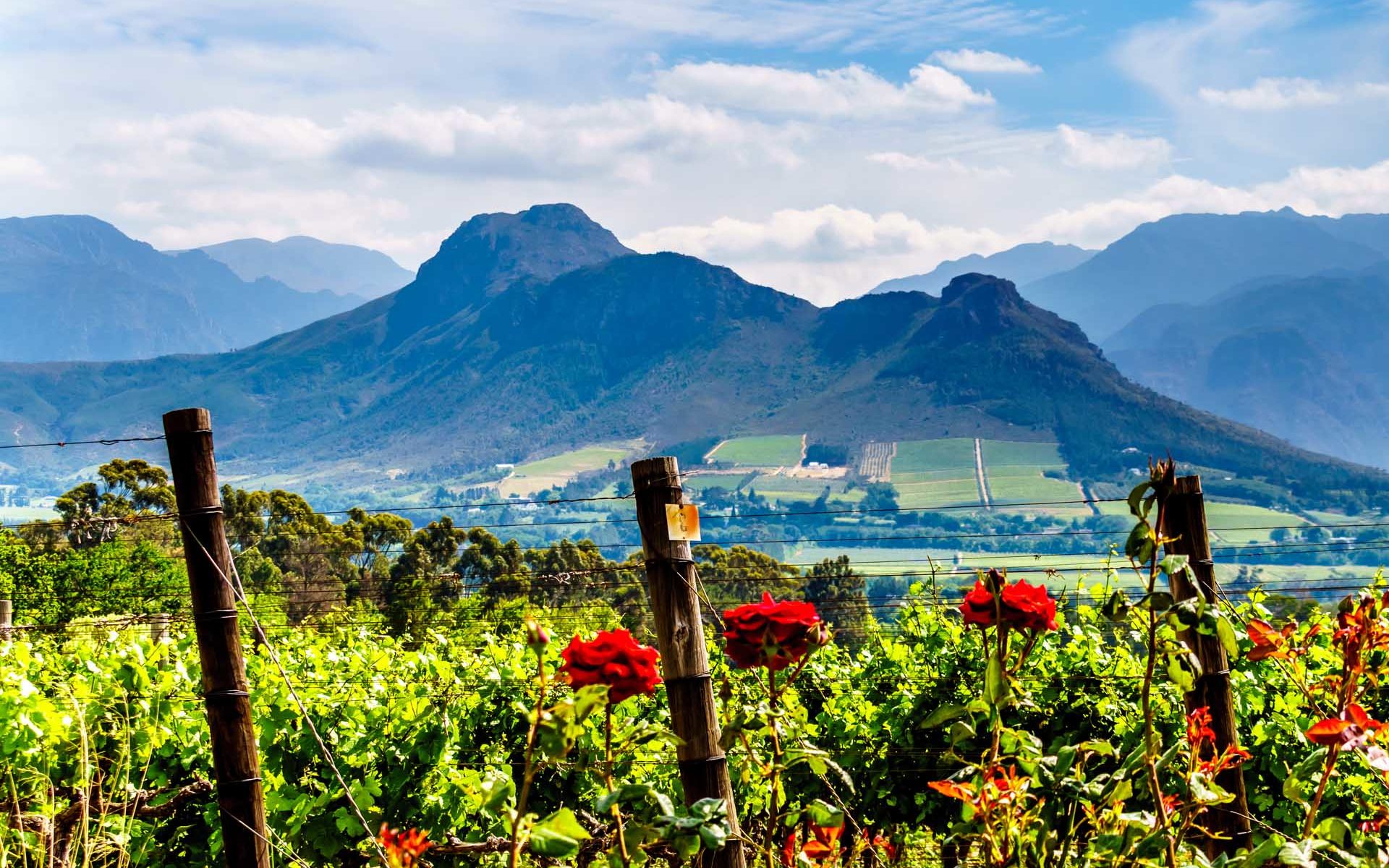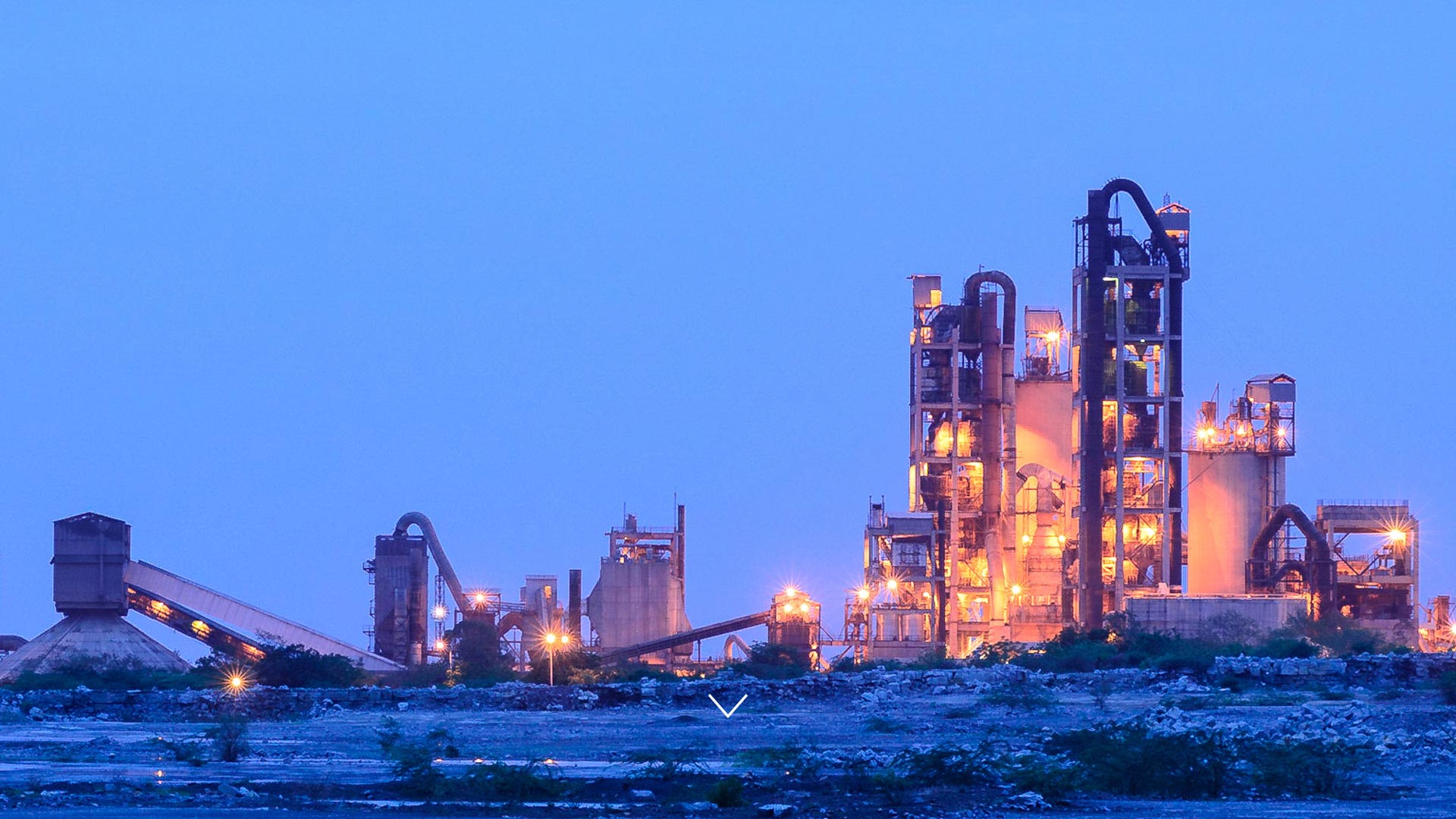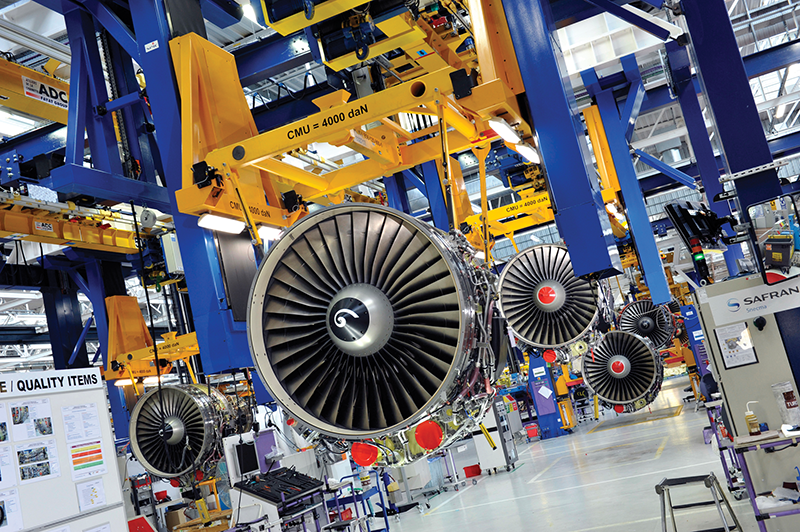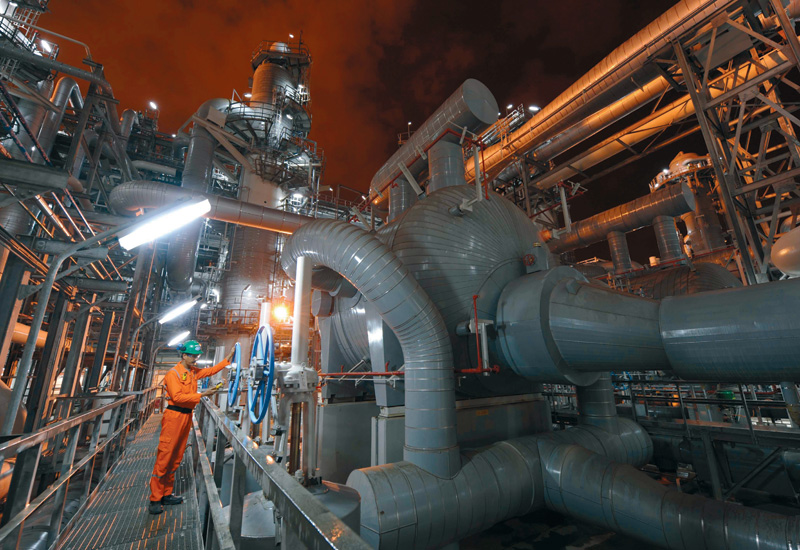United Development Company (UDC), a leading Qatari public shareholding company and the master developer of The Pearl and Gewan Islands, recently won 11 accolades in the 2021 Arabian Property Awards.
The Pearl Island awards include Mixed Use Development award, Leisure Development award for Corinthia Yacht Club, Leisure Architecture award for Corinthia Yacht Club, Retail Architecture award for Giardino Mall, and Public Service Development award for United School International.
The Gewan Island awards include Mixed Use Architecture award, Leisure Development award, New Hotel Construction & Design award for Corinthia Gewan Island Qatar Hotel, Hotel Architecture award for Corinthia Gewan Island Qatar Hotel, Leisure Architecture award for Gewan Island Villas, and Public Service Architecture award for Gewan Bridge.
Commenting on the recognition, Ibrahim Jassim Al Othman, UDC President, CEO and Member of The Board said: “These prestigious awards are a strong affirmation of our commitment in making The Pearl and Gewan Islands some of the region’s most remarkable destinations providing an integrated and unique lifestyle, leisure and community experience to our residents and visitors. UDC’s signature quality and innovation are therefore evidenced throughout all our new residential, retail, entertainment and hospitality projects which led to us winning many awards namely for Corinthia Yacht Club, Giardino Mall and United School International at The Pearl-Qatar as well Gewan Island Villas, Gewan Bridge and Corinthia Gewan Island Qatar Hotel”.
Having won the Mixed-Use Development award for the fifth time, The Pearl Island incorporates a variety of distinct properties including apartments, villas, townhouses, penthouses, diverse entertainment facilities and retail offerings, in addition to beautiful, serene beaches and the award-winning Porto Arabia marina which is also the Middle East’s largest marina.
UDC continues to enhance its offerings at The Pearl Island with the construction of luxury residential villa compounds and shopping centres in Floresta Gardens and Giardino Village where the award-winning Giardino Mall and United School International are being constructed in addition to the exclusive double award winner Corinthia Yacht Club in Porto Arabia.
UDC is also going forward with the development of Gewan Island which has crossed the halfway mark. The Island will comprise several award-winning structures including the double award winner ‘Corinthia Gewan Island Qatar’ Hotel with its connected Beach Club and Golf Course, as well as 657 residential units, including 586 apartments and the second-time winner private villas consisting of 21 beachfront villas with a private beach, 26 waterfront villas that are equipped with private pontoons for private boats and six independent island mansions.
Gewan Island’s unique mixed-use architecture and leisure offerings further encompass a lively retail hub at the heart of the Island surrounded by an air conditioned outdoor ‘Crystal Walkway’ and seaside ‘Promenade’, with public parks and green areas as well as comprehensive leisure facilities for residents. The Island will also be accessible via Qatar’s first curved stay cable ‘Gewan Bridge’ which has also been recognised for its unique architecture promising to be a landmark and an engineering masterpiece that complements Gewan Island’s distinct character. Bridge development works are at 75% scheduled to be fully completed by year-end.
The Arabian Property Awards are considered the largest, most prestigious, and widely recognised award programme marking their 28th year. The awards therefore reflect UDC’s leading position ahead of hundreds of firms across 45 real estate categories including residential and commercial properties that have been carefully appraised by a panel of 80 international experts led by three members of the UK’s House of Lords. The evaluation is based on criteria such as design, quality, services, innovation and commitment to sustainability.
Source:https://thepeninsulaqatar.com/article/18/11/2021/udcs-the-pearl-and-gewan-islands-win-11-accolades

